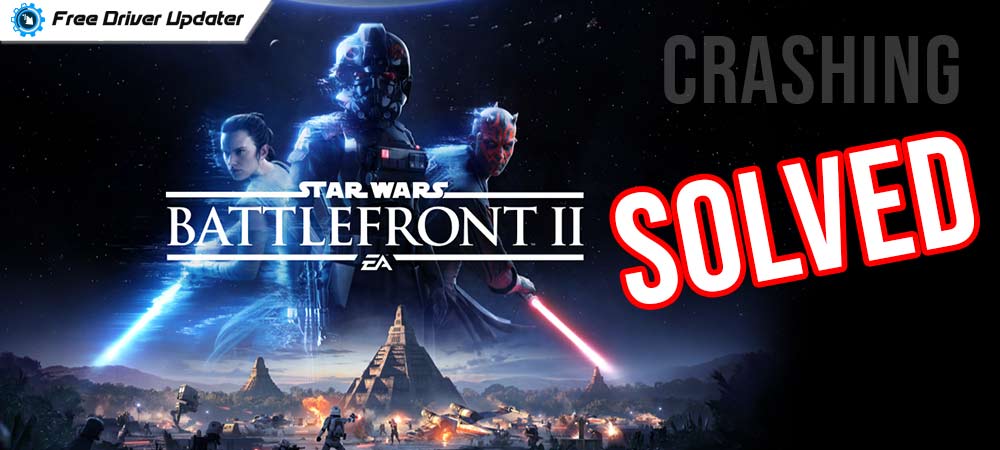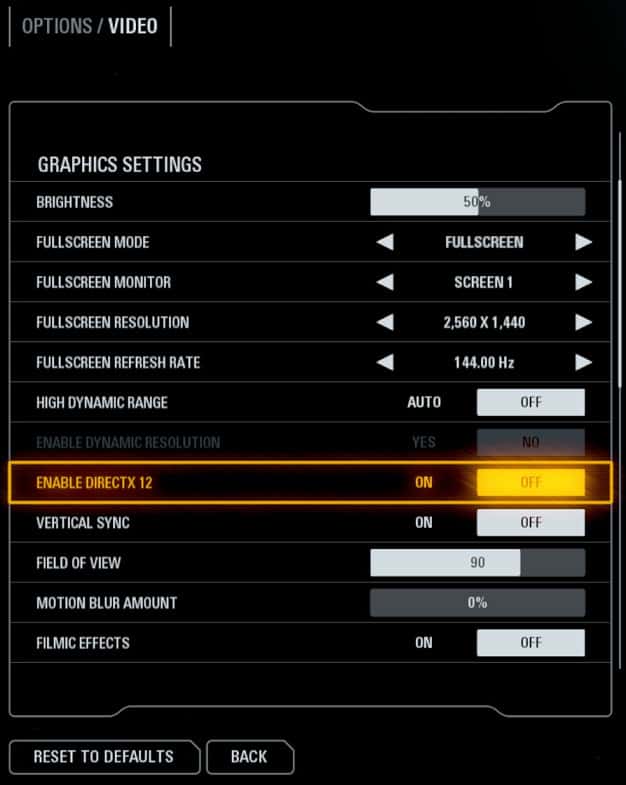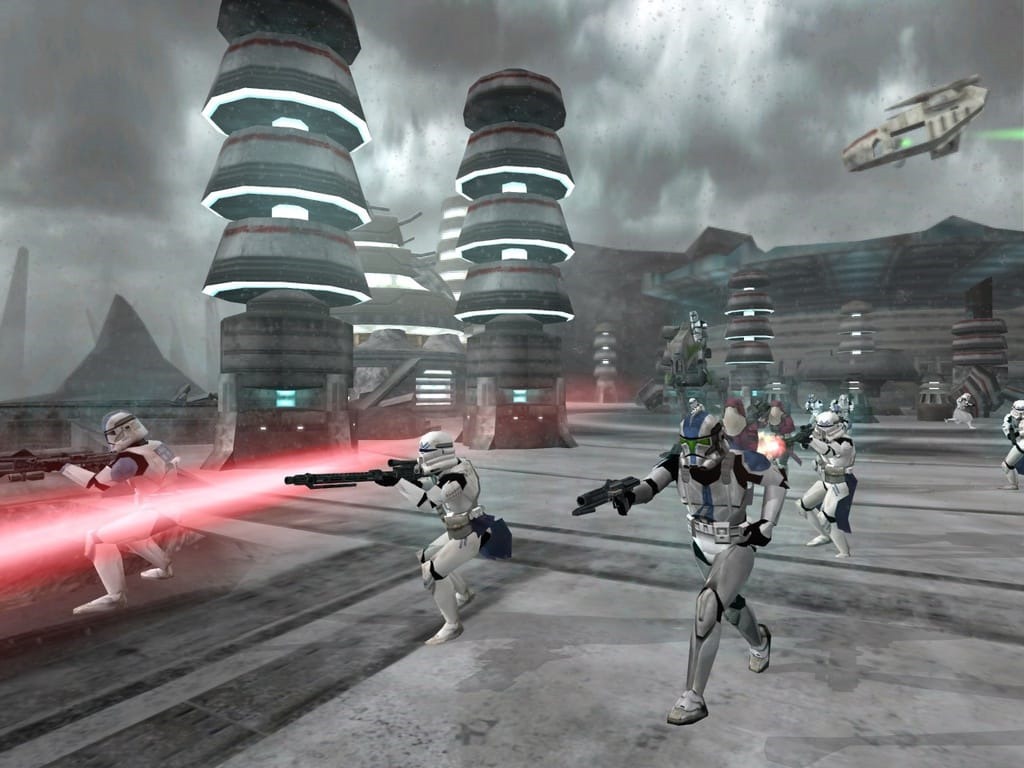

Though the earnings indicated the title was unannounced, one possibility is that it could have been the long-hoped-for Bully 2, though there's no evidence to confirm this. When reached for comment, Take-Two declined to give further detail as to what the canceled game was.

In Take-Two's case, this effectively means that it spent about $53 million on a game it was making, but no longer expects to be able to do anything sellable with the things it spent that money on. GameStop might report an impairment charge on its amiibo for the amount of money it expects to lose by putting them on heavy discount just to get them out of its warehouse. Then, sudddenly, Nintendo cancels amiibo support for its games and no one wants to buy those amiibo anymore. For example, say GameStop buys a lot of amiibo, expecting to sell them for a certain amount of money. The company cites the cancellation in its earnings as part of an "impairment charge," which in releases like these means that the company had assets that it now finds are unexpectedly worth a whole lot less than they previously valued them at. We got a rare glimpse into the process during Take-Two's earnings today, which revealed that an unannounced game cancellation cost the company $53 million.

Games get canceled all the time, and while we occasionally hear about them via official announcements or reporting, more often they are canceled before they ever reach the news. “2K has also assured me that the company believes H13 can deliver a critical and commercial success, and we will begin developing future projects soon.”Īpproximately 200 people are impacted by the game's cancellation, Kotaku reports. “We are confident that there are many opportunities for H13 employees to work on other games in development, both at H13 and across the label," wrote studio head Haden Blackman in an email to staff today. Update 4:03pm PT: A Kotaku report has provided a few more details about the canceled title, saying it was a third-person action title similar to Destiny, and was canceled because Take-Two determined the costs of development were too high compared to the game's commercial viability.


 0 kommentar(er)
0 kommentar(er)
